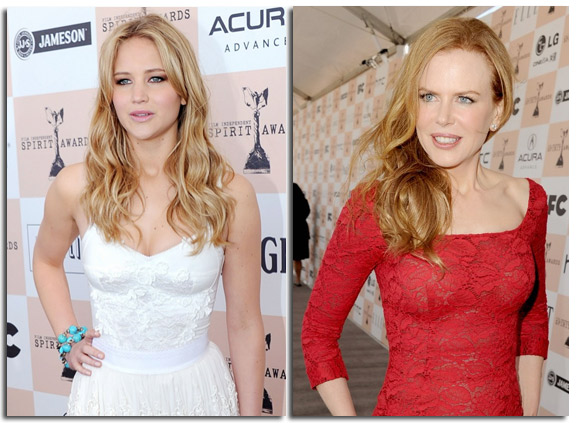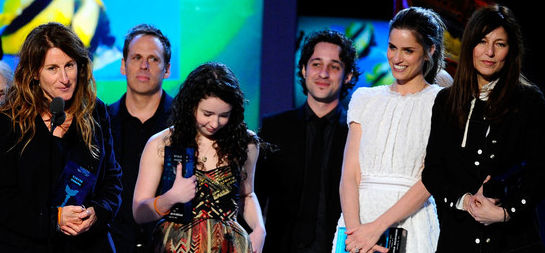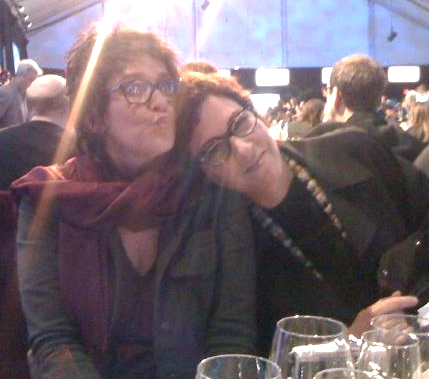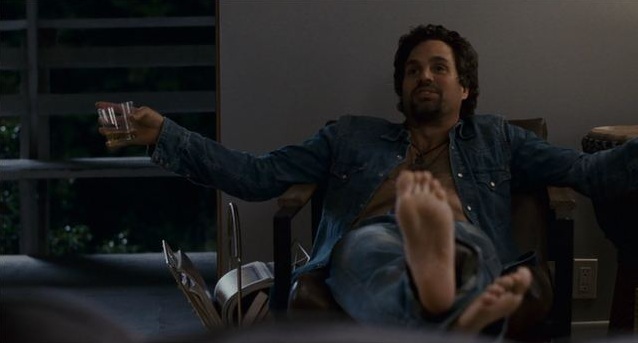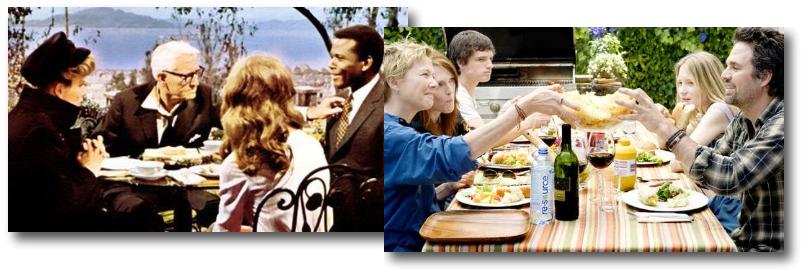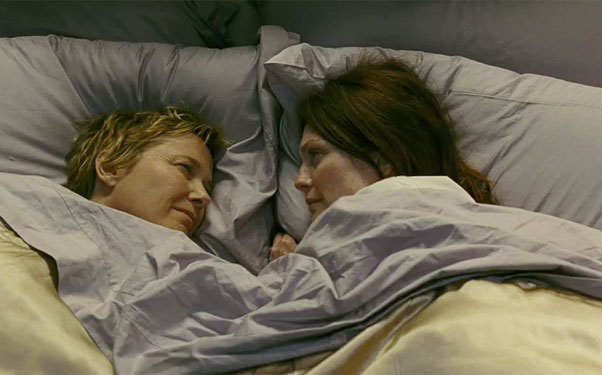Fantastic Links and When To Blog Them
 Tuesday, May 20, 2014 at 12:30PM
Tuesday, May 20, 2014 at 12:30PM The Dissolve Alfonso Cuarón might direct the Harry Potter spinoff Fantastic Beasts and Where To Find Them. The internet seems largely happy about this which puzzles me. I understand everyone likes money but isn't this a huge step backwards after Children of Men/Gravity gave us his full auteurist muscle unbeholden to someone else's franchise? I most definitely think so
Pajiba wonders what was up with that airplane curtain closing wordless scene on Mad Men this weekend?
The Film Doctor asks 9 questions about Godzilla before realizing he's too old for that shit. (I loved Godzilla so much myself that I've been surprised at the level of thumbs down in comments and online)
/bent wonders why The Kids Are All Right's director Lisa Cholodenko hasn't yet made a follow up to that financially successful and Oscar nominated feature
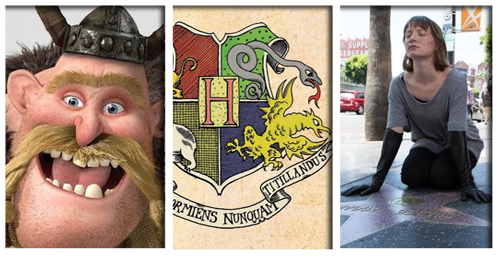
Towleroad one of the Vikings in How To Train Your Dragon 2 comes out as gay kinda. (But ParaNorman will always be first in this regard.)
Antagony & Ecstasy on the intuitive, fluid sensory experience of 2001: A Space Odyssey (1968) and its companion novel
Slate Cliff Curtis, ethnic chameleon onscreen
Gawker "selfie" is entering the dictionary. But why did it take "steampunk" this long?
MNPP JA zeroes in on one sweaty hairy detail of the Weinstein Co's Cannes preview: Southpaw's Jake Gyllenhaal
The Wire wonders why the internet is so obsessed with Shrek -- I hadn't realized it was (just goes to show you how the interenet is not at all monolithic in terms of its obsessions -- but this is an interesting article
The New Yorker if you're still grappling with your feelings about Godzilla here's a smart mixed take from Richard Brody which wrestles with the movies grandeur but lack of complexity and its largely passive human characters
Its scale may feel Biblical, but it doesn’t risk the crises and ecstasies, the sheer moral turbulence provoked by existential menace (cf. “Noah”). The monsters in the movie do monstrous battle, while people—the warriors ostensibly arrayed on the front lines against them—are reduced in the foreground to silhouetted spectators. They are the equivalent of the cutout characters of “Mystery Science Theatre 3000,” but without the comfort of a screen to separate them from the mayhem...
He Said / She Said
RogerEbert.com, which I always feel weird about linking to, since the link name always implies that Roger Ebert has written something new but he has of course departed from our mortal coil. Nevertheless, I started to enjoy these opposing pieces from Michael Oleszczyk and Barbara Scharres on David Cronenberg's Maps to the Stars until I remembered after the first couple of paragraphs each that I really really really want to go into this one fresh so I can't read anything. BUT if you're not as "sensitive" as I am about reading reviews before you've seen a movie, that's one rave and one pan from the same site so we are now free to call the movie "divisive" as often as we'd like. It's our favorite kind of critical response - homogeneity being so dreadfully dull. Oleszczyk and Richard Lawson at Vanity Fair both rave about Julianne Moore's performance and that's enough to excite me for now without really reading anything!
Speaking of Julianne Moore...

Here she is with Harrison Ford at a party at Cannes. Remember when nobody knew who she was but her walk in The Fugitive (1993) was so grabby anyway? #whowasthat
You can see more photos from this particular party at Vanity Fair.



